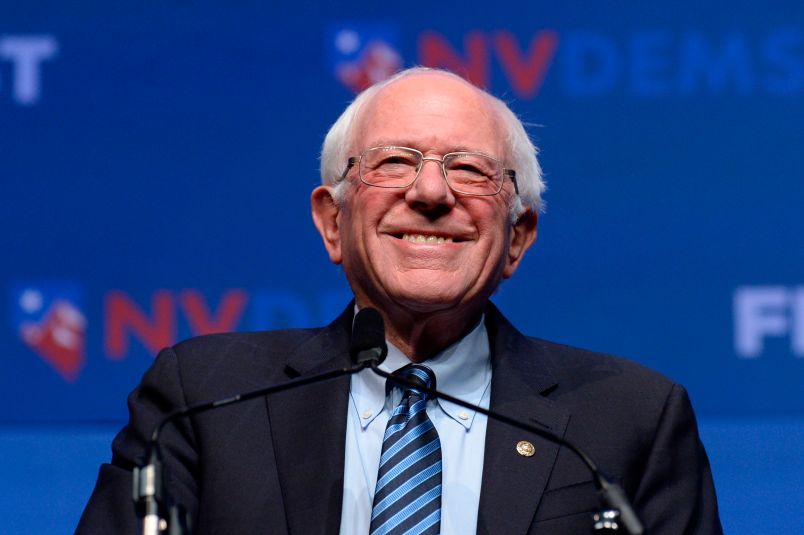The Democratic primary race looks more upended and chaotic than at any point so far. I don’t think the exact reasons for that have gotten sufficient attention.
The standard primary campaign model is that one candidate notches early wins. That creates momentum, earned media, money all of which then compound the strength from those early victories. This all allows the winning candidate to build on their margins in state after state. As that happens, also-rans see their money dry up and chances dwindle. They drop out adding to the process. Soon enough you’ve got your nominee.
In our podcast episode today, one of my colleagues noted the fluidity among the moderate or center-left candidates. One day someone’s for Biden, then Buttigieg, then Klobuchar. Warren seems to be bleeding to support to all the candidate except Biden.
But there’s another way to look at this.
There’s all this arguing over who won Iowa and whether Sanders is the ‘frontrunner’. By most definitions he clearly is the frontrunner. He’s either won the first two contests or tied one and won the either. He’s raising tons of money. That’s the frontrunner. But so far Sanders is still locked at about 25%.
That may not be surprising or bad when so many candidates are still in the race. But it suggests the possibility that he’s having a hard time expanding out from being a factional candidate.
By ‘factional candidate’ I mean one who has a support base which makes up a substantial minority of the electorate, which is defined by a mix of ideology and charisma, and to some extent has an oppositional posture toward other members of the party or other factions within it.
There have been signs that Sanders is already trying to pivot towards a more party inclusive campaign message. This needn’t mean shifts in policy. For him that would be self-defeating. It can simply be talking about all wings of the party uniting together to defeat Donald Trump, things all agree on etc.
Years of polls show that Democrats like Bernie Sanders. But liking isn’t the same as supporting. We saw last night that most still don’t choose him as the nominee. Again, lots of people in the race. But one reason so many are viable and in the race is because Sanders hasn’t as yet been able to build out of that core of support which is about 20% to 25% of the primary electorate.
If it’s the day after Super Tuesday, a few candidates have dropped out in the intervening weeks and Sanders is chalking up totals of 40% and higher that will mean that Sanders has managed this pivot or, contrary to my argument, it simply wasn’t necessary. But I think this is the key challenge he faces.
He has all the attributes and wins that make someone a frontrunner but it’s yet to be seen whether he can break out from that factional status which would give the majority of Democrats the confidence that he can win the general election and that his campaign is one that includes them.






